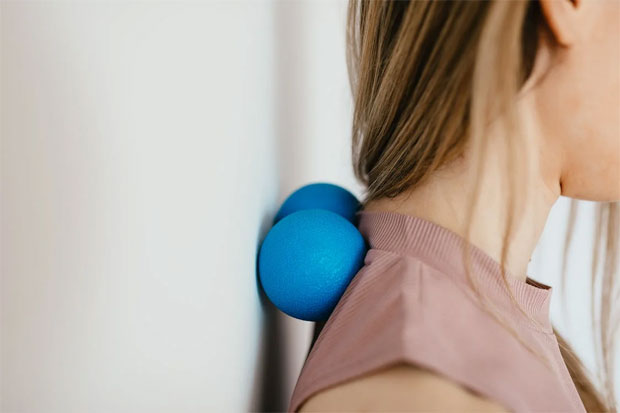Can You Feel Less Sore After You Workout?

Can You Feel Less Sore After You Workout?
Disclaimer: The information provided below is intended for general information purposes only and should not be construed as professional medical advice, diagnosis, or treatment. Always seek the advice of a qualified healthcare provider before making any decisions regarding your health or well-being.
You should expect some muscle soreness after you’re done with your exercise. After all, people do say ‘no pain, no gain’, and delayed onset muscle soreness is a sign that your muscles are repairing and rebuilding stronger. However, if that soreness is getting in the way of your daily life, there are ways that you can manage it better.
- Give your body time to get ready
If you’re returning to exercise after a break, whether it’s been a couple of days or a couple of months, you have to make sure that your body has time to prepare. Stretching routines should take place before and after the exercise, and you should ensure that you have both a warm-up and a cool-down exercise. You want to make sure that your muscles are staying nice and limber so they can begin to recover in the right position.
- Go over your muscles with a foam roller
Whether you’re using a real foam roller, a tennis ball, or whatever you can use to get muscle the same effect, you should spend a little time working over your muscles after you’re done with a workout. The aim of the game is to achieve myofascial release, which helps your muscles release the tension they have built up during exercise and allows them to return to their natural state. There are plenty of tutorials on how to use a foam roller, but you want to make sure that you’re not doing it for more than 20 minutes at a time, otherwise, you can up doing a little more harm than good.
- Take the fight to inflammation
It’s not just muscle soreness that you want to keep an eye out for. Inflammation can be a serious problem, as well. If you’re feeling swelling and tenderness around your joints, especially your knees, elbows, hands, and feet, then you should look at including anti-inflammatory foods such as salmon and garlic in your diet. A lot of people have been incorporating supplements like Naturecan’s CBD gummies after exercise for much the same purpose. It can also be great for helping you relax post-workout.
- Mind your circulation
Swelling and numbness in the extremities, especially in your feet and lower legs, might indicate bad circulation, which can eventually lead to blood clots if not managed. These are especially more common in runners, and varying your exercises can help you avoid this. However, if running, cycling or the like are a key part of your fitness plan, then you might want to look into getting yourself some fitness compression gear, as well.
Hopefully, with the tips above, you should find yourself dealing with less pain after each and every workout, which can also help you maintain a more consistent routine of getting enough exercise every day.
Contributed Article.





